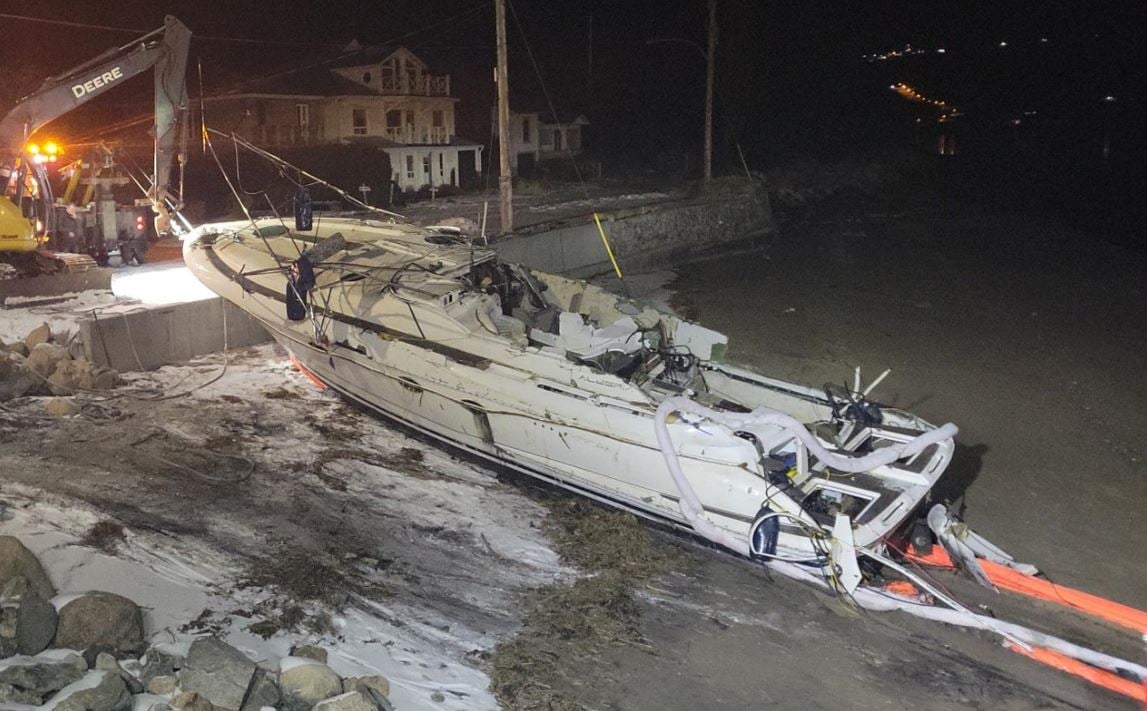Employers without an emergency preparedness plan to deal with pandemic outbreaks including the H1N1 strain of influenza could end up having serious legal implications, say doctors and lawyers who deal with emergency preparedness.
Dr. Alan West, a partner at Gowling Lafleur Henderson LLP, points to the Abarquez v. Ontario ruling arising from the 2003 severe acute respiratory syndrome outbreak in Toronto. In that case, nurses who became infected with SARS and the estates of nurses who died from complications arising from the syndrome, attempted to sue the Ontario government for not providing proper protections.
“The main finding from our perspective . . . is the Ontario government was not the employer so it had no duty under the Occupational Health and Safety Act or at common law,” West told a group of in-house counsel during a recent Association of Corporate Counsel information session on pandemic preparation, hosted by Gowlings.
He says employers “will not enjoy the policy-based immunity that the courts have recognized to the Ontario government. There is nothing in that decision that would indicate the considerations would apply to individual employers.”
West also says fines can be severe under the OHSA, with penalties that could reach $500,000. While he uses Ontario as an example, he says most provinces have health and safety acts that mirror the OHSA.
There is also s. 217.1 of the Criminal Code — the Westray mine disaster amendment — to think about.
It states “everyone who undertakes, or has the authority, to direct how another person does work or performs a task is under a legal duty to take reasonable steps to prevent bodily harm to that person, or any other person, arising from that work or task.”
West says the use of s. 217.1 in the case of a pandemic may seem far-fetched, but still “no one wants to be the test case.”
Having a proper plan in place to deal with the possibility of a pandemic — both contagious and deadly — would be a possible defence in court, says West.
Even if the plan isn’t perfect, it would still be better than nothing, especially at the penalty stage, he says.
Click here for more on this story.
Kelly Harris is the editor of Canadian Lawyer InHouse magazine. You can reach Kelly at [email protected]
Dr. Alan West, a partner at Gowling Lafleur Henderson LLP, points to the Abarquez v. Ontario ruling arising from the 2003 severe acute respiratory syndrome outbreak in Toronto. In that case, nurses who became infected with SARS and the estates of nurses who died from complications arising from the syndrome, attempted to sue the Ontario government for not providing proper protections.
“The main finding from our perspective . . . is the Ontario government was not the employer so it had no duty under the Occupational Health and Safety Act or at common law,” West told a group of in-house counsel during a recent Association of Corporate Counsel information session on pandemic preparation, hosted by Gowlings.
He says employers “will not enjoy the policy-based immunity that the courts have recognized to the Ontario government. There is nothing in that decision that would indicate the considerations would apply to individual employers.”
West also says fines can be severe under the OHSA, with penalties that could reach $500,000. While he uses Ontario as an example, he says most provinces have health and safety acts that mirror the OHSA.
There is also s. 217.1 of the Criminal Code — the Westray mine disaster amendment — to think about.
It states “everyone who undertakes, or has the authority, to direct how another person does work or performs a task is under a legal duty to take reasonable steps to prevent bodily harm to that person, or any other person, arising from that work or task.”
West says the use of s. 217.1 in the case of a pandemic may seem far-fetched, but still “no one wants to be the test case.”
Having a proper plan in place to deal with the possibility of a pandemic — both contagious and deadly — would be a possible defence in court, says West.
Even if the plan isn’t perfect, it would still be better than nothing, especially at the penalty stage, he says.
Click here for more on this story.
Kelly Harris is the editor of Canadian Lawyer InHouse magazine. You can reach Kelly at [email protected]





